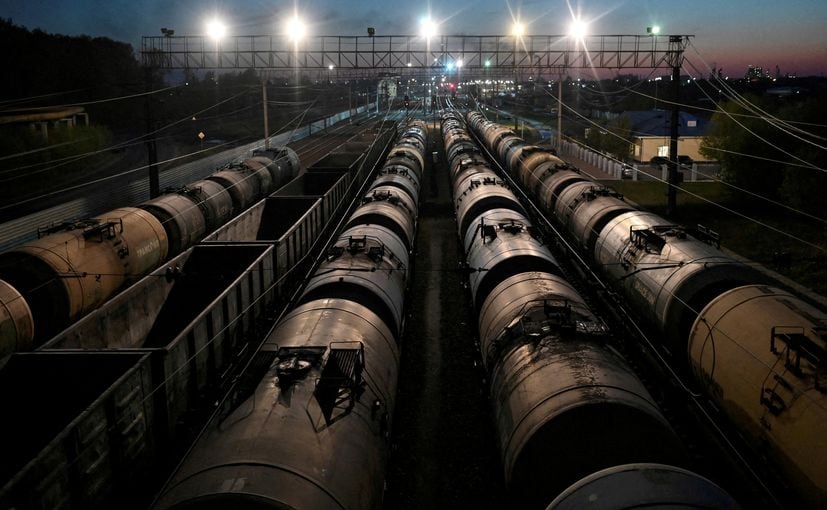Indian refiners are negotiating a six-month oil deal with Russia to import millions of barrels a month as the world’s third-biggest importer seeks more oil despite Western sanctions. In the two months since the February 2 invasion of Ukraine, India’s crude oil purchases from Russia have more than doubled. Western sanctions on Russia have prompted many oil importers to shy away from trade with Moscow, pushing up spot prices for Russian crude to record levels below other grades.
While New Delhi called for an immediate ceasefire in Ukraine, it did not explicitly condemn Moscow’s actions. This provides an opportunity for Indian refiners, who rarely buy Russian oil, to snap up cheap crude. The IOC is negotiating a deal to import 6 million barrels of oil a month, with an option to buy an additional 3 million barrels. Media reports put monthly imports of BPCL and HPCL at 4 million barrels and 3 million barrels, respectively.
Since the Ukraine crisis, Indian refiners have been buying deliveries of Russian oil from global trading firms, with traders arranging transportation and insurance. However, global traders, Vitol and Trafigura are reducing oil purchases from Russia as EU sanctions take effect on May 15.
India has also had shipping problems recently, with the Oil and Gas Corporation (ONGC) struggling to find vessels to load crude from its Sakhalin-1 operation in Russia. India imports more than 85 per cent of its crude oil needs at a rate of 5 million barrels per day (BPD).
Oil Minister Hardeep Singh Puri last week defended India’s oil imports from Russia, saying those purchases represent a small fraction of India’s overall annual needs and the government does not interfere in companies’ import transactions.
New Delhi has also asked its state-owned energy company to assess the possibility of buying European oil giant BP’s stake in sanctions-hit Rosneft, two people familiar with the matter told Reuters. Washington said it had no objection to New Delhi buying Russian oil at below-market prices, but warned against a sharp increase in imports that could hamper the US response to the war in Ukraine.



